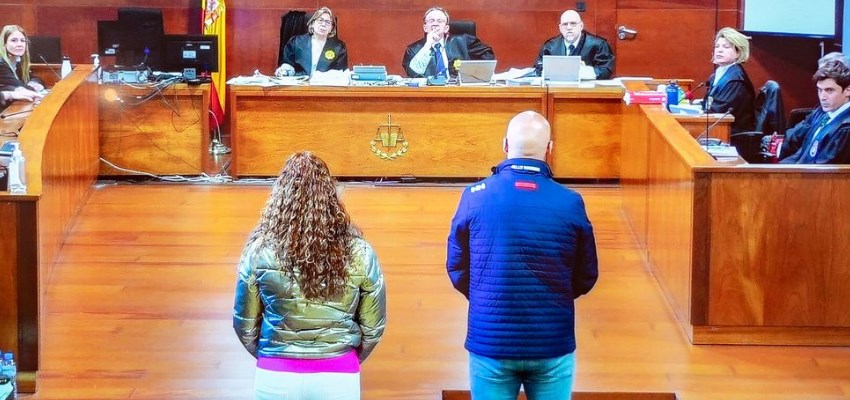Minutes after midnight on June 30, 2023, a man wearing a black hoodie and a red baseball cap exited a white pickup truck that had just pulled into the parking lot of Lincoln Fine Wines in Venice, California. He climbed to the top of the building, cut a five-by-three-foot hole in the roof, and rappelled directly into the retailer’s rare wines room. Avoiding alarm sensors but not video cameras, which recorded his movements, he then proceeded to spend hours methodically pillaging the store’s most coveted stock—Petrus, Latour, an enormous 15-liter nebuchadnezzar of Billecart-Salmon—pausing occasionally to lift his phone to his ear. By the time he was gone with his accomplices, the rear of the truck was filled with $600,000 worth of stolen wine.
A few months earlier, in March, authorities in Spain brought to trial a former Mexican beauty pageant contestant two years after she had checked into a hotel in Cáceres with a fake Swiss passport and plans to meet a friend for dinner at the property’s Michelin-starred restaurant. After the 14-course meal, the pair received a private tour of the cellar. Hours later, the authorities allege, the two checked out of the hotel with $1.7 million worth of stolen wine, including a bottle of 1806 Château d’Yquem that has yet to be recovered. The couple, who pleaded not guilty, were convicted and sentenced to four years and ordered to pay $800,000 to the insurance company.

Two suspects faced charges in Spain in March for stealing $1.7 million worth of wine.
Welcome to an increasingly popular illicit corner of the wine world, where enterprising individuals can make the kind of killing once reserved for jewel or art thieves. The aforementioned incidents represent only a fraction of the ongoing investigations, controversies, and criminal and civil cases underway at every level of the business, around the globe, in cases of theft, forgery, and fraud.
“Anybody who says that these are different, unrelated crimes is wrong,” says Maureen Downey, a global authority on wine and spirits fraud who is frequently called as an expert witness in criminal cases involving wine. “When you have a commodity with a fixed supply that is diminishing on a consistent basis while facing ever growing demand,” she says, “the opportunity for deception of all kinds is massive.” Downey points to a largely unchecked black market in which wines of questionable provenance, whether stolen or counterfeit, tend to find a home.
“You’ve got people buying up vast quantities of salvage stock and then selling it on to unsuspecting customers at premium prices, and the label still smells of smoke,” says the London-based authenticator Siobhan Turner.
The Lincoln Fine Wines robbery followed a familiar pattern. The thief, who has yet to be apprehended, appeared to be speaking on the phone during the robbery, perhaps receiving instructions to skip over expensive yet niche wines in favor of easier-to-move French standards. “I spoke to a private investigator on the case,” Downey says. “Like other wine robberies in California in recent years [such as the $300,000 heist that took place at the French Laundry in 2014], this looks like a smash-and-grab team executing a well-planned operation and following the specific orders of somebody who isn’t there the night of the heist.”
To read the full article, click HERE.